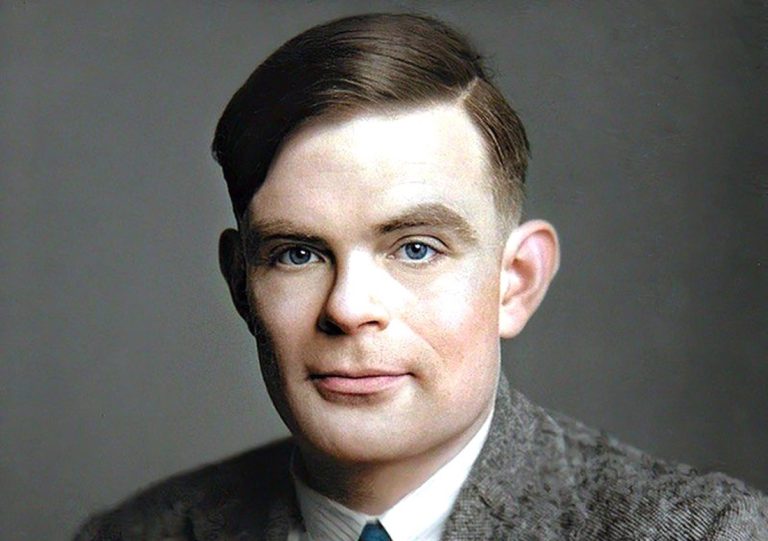
xxx
[draft]
New York, N.Y. –– Alan Turing was a pioneering mathematician and logician whose work laid the foundations for modern computing. During World War II, Turing’s brilliance was instrumental in breaking the Enigma code, a critical factor in the Allied victory.
However, despite his monumental contributions, Turing’s life ended in tragedy. In 1952, he was prosecuted by the British government for his homosexuality, then illegal, and was subjected to chemical castration.
Two years later, he died from cyanide poisoning, widely believed to be suicide. Turing’s story is a powerful reminder of the destructive consequences of intolerance and the loss of a mind that could have continued to shape the future.
This tragic tale is poignantly captured in the 2014 film The Imitation Game, starring Benedict Cumberbatch as Turing. The movie dramatizes Turing’s achievements and struggles, highlighting his role in the war effort and the personal battles he faced due to his sexual orientation.
While some creative liberties were taken, the film brought Turing’s story to a wider audience, shedding light on both his genius and the injustices he endured. The Imitation Game serves as a tribute to Turing’s legacy and a reminder of the human cost of prejudice.